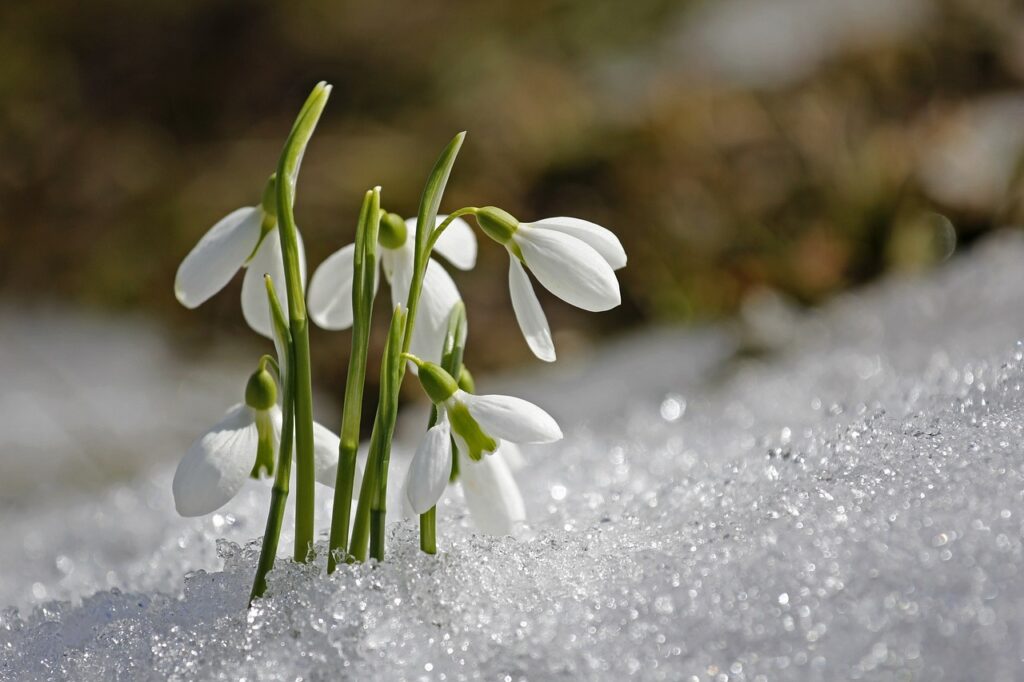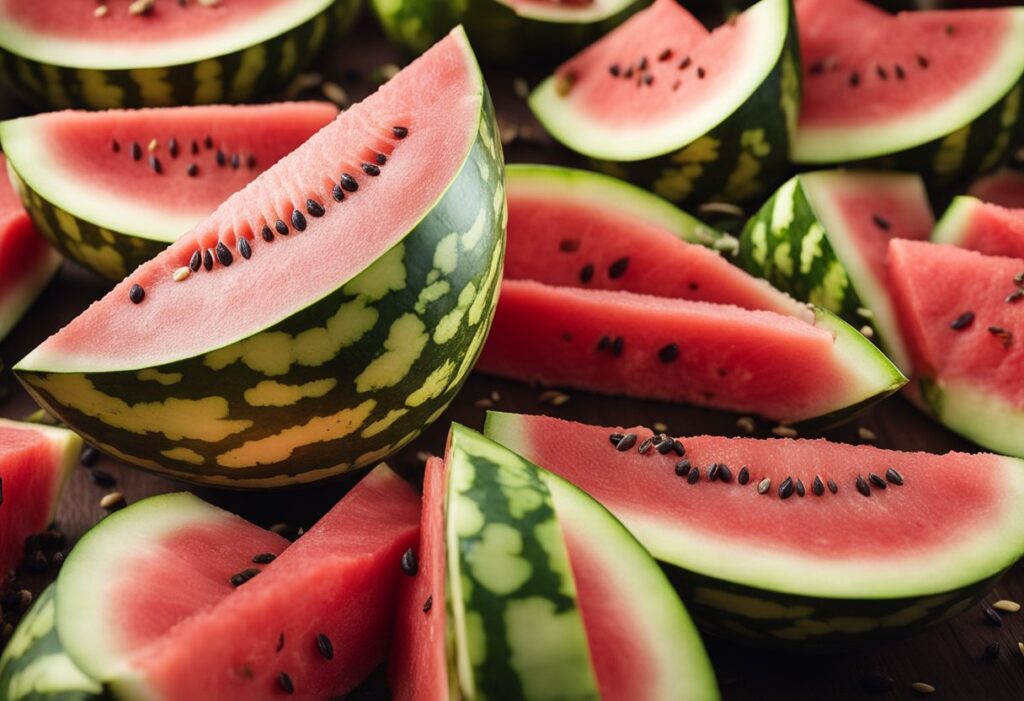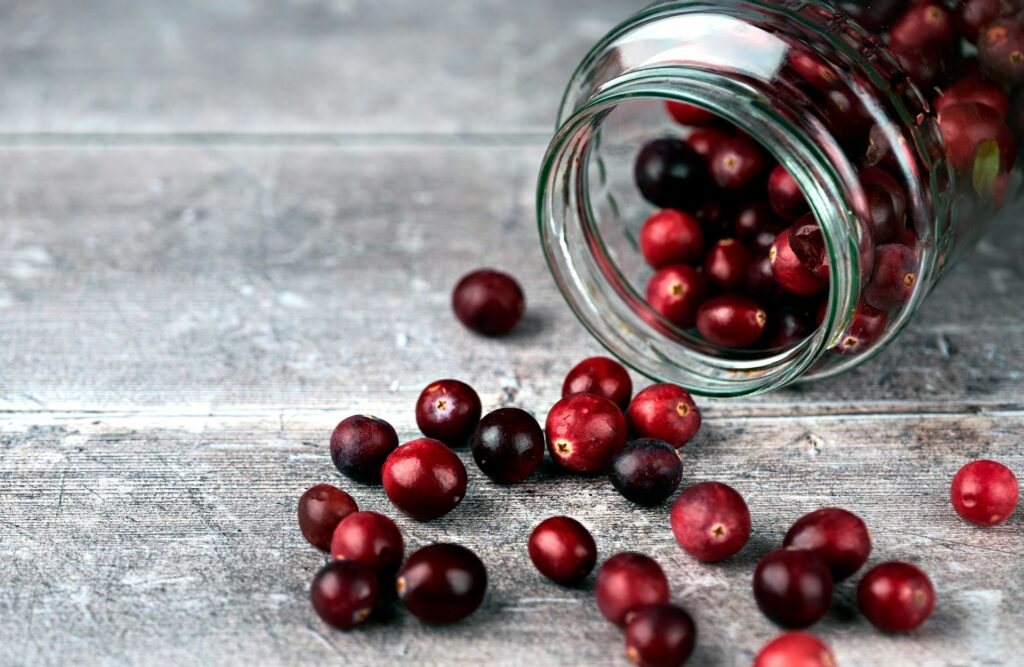
Discover the secrets of companion planting and how to create a thriving herb garden with plants that complement each other. This guide will explore the best herb combinations, offer practical tips, and reveal how to maximize your garden’s potential.
Creating a harmonious herb garden requires more than just planting your favorite flavors. It’s about understanding which herbs grow well together, providing mutual benefits, and ensuring they don’t compete for resources. This article is a must-read for every gardener, from novices to experts, as it delves into the art of companion planting with herbs. You’ll learn how to pair herbs for the best growth, flavor, and pest control, making your garden not only a culinary asset but also a beautiful and aromatic retreat.
Why Plant Herbs Together?
Planting herbs together isn’t just about saving space; it’s a strategic way to enhance your garden’s ecosystem. Herbs that are planted together can deter pests, attract beneficial insects, and even improve the flavor and growth of neighboring plants. For instance, basil and tomatoes are not only culinary companions but also garden allies, as basil helps repel harmful insects while attracting pollinators.
Which Herbs Make the Best Garden Companions?
When it comes to companion planting, not all herbs are created equal. Some herbs, like parsley and chives, can be planted close together as they have similar growing requirements and benefit each other. On the other hand, herbs like mint should be given enough space to grow without overtaking other plants.
How Does Companion Planting Benefit Your Herb Garden?
Companion planting offers numerous benefits, from reducing the need for chemical pesticides to enhancing the overall health and yield of your garden. By planting herbs with similar soil needs and growth habits together, you create a supportive environment for healthy plant growth.
What Are the Best Herb Combinations for Pest Control?
Certain herbs can help protect your garden from pests. For example, rosemary and sage can repel bean beetles and carrot flies, making them great companions for vegetables. Additionally, planting herbs like lemon balm and lemon thyme can help keep mosquitoes at bay.
Can You Plant Mint With Other Herbs?
Mint is a vigorous grower and can quickly take over the entire garden bed if not contained. It’s best to plant mint in its own pot or in a garden bed with ample room to grow and spread. However, mint can be a great companion when planted with herbs that have similar robust growth habits.
Creating a Container Garden with Companion Herbs
A container garden is an excellent option for those with limited space. You can plant herbs together in a pot, ensuring they have similar light and water requirements. For example, Mediterranean herbs like oregano, thyme, and rosemary thrive together in the same container due to their preference for well-drained soil and full sun.
Mediterranean Herbs: A Perfect Match?
Mediterranean herbs such as basil, oregano, and thyme not only share similar growing conditions but also complement each other’s flavors. These herbs can be planted together in a garden bed or container, making them ideal companions for both culinary and gardening purposes.
The Role of Aromatic Herbs in Companion Planting
Aromatic herbs like lavender and rosemary can attract beneficial insects like bees and butterflies, which are essential for pollination. Additionally, their strong scents can mask the smell of more susceptible plants, protecting them from pests.
Herbs That Prefer Similar Growing Conditions
Herbs that prefer similar growing conditions, such as sage and thyme, can be planted together without competing for resources. This allows each herb to thrive and contributes to a more productive garden.
Maximizing Space: Growing Herbs Together in Small Gardens
For small garden spaces, companion planting is a great way to maximize space and yield. Planting herbs with similar size and growth habit together, such as chives and parsley, ensures that each has enough space to grow and doesn’t overtake the other.
Understanding the Growth Habits of Herbs
Understanding the growth habits of different herbs is crucial for successful companion planting. Some herbs, like basil and parsley, are annuals and will need to be replanted each year, while others, like rosemary and thyme, are perennials and will continue to grow for multiple seasons.
The Importance of Soil Quality in Companion Planting
Soil quality plays a significant role in the success of your herb garden. Herbs like oregano and thyme thrive in soil that is rich in organic matter, while others, like mint, prefer a more moist environment. Ensuring that your soil meets the needs of your herbs is key to their growth and health.
Watering Needs: Balancing Moisture for Multiple Herbs
Balancing the watering needs of multiple herbs can be challenging, but it’s essential for companion planting. Herbs like basil require consistent moisture, while Mediterranean herbs prefer drier conditions. Monitoring your garden’s moisture levels and adjusting your watering schedule accordingly will help all your herbs flourish.
Sunlight and Shade: Finding the Perfect Balance for Your Herb Garden
Sunlight and shade are important factors to consider when planting herbs together. While most herbs enjoy full sun, some, like parsley, can tolerate partial shade. Placing your herbs in the right spot according to their sunlight needs will ensure they grow well.
Harvesting Your Herbs: Tips for a Bountiful Yield
Harvesting your herbs at the right time is crucial for a bountiful yield. Regularly trimming herbs like chives and basil can encourage new growth and prevent them from becoming woody. Additionally, harvesting in the morning when the essential oils are most concentrated will give you the most flavorful herbs.
Key Takeaways
- Companion planting can enhance flavor, deter pests, and attract beneficial insects.
- Mint should be planted with caution due to its invasive nature.
- Mediterranean herbs like basil, oregano, and thyme are great companions.
- Aromatic herbs play a significant role in attracting pollinators and repelling pests.
- Similar growing conditions are key to successful companion planting.
Remember, the best herb garden is one that’s well-planned and considers the unique characteristics of each plant. Happy gardening!




